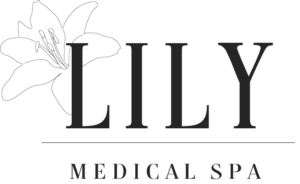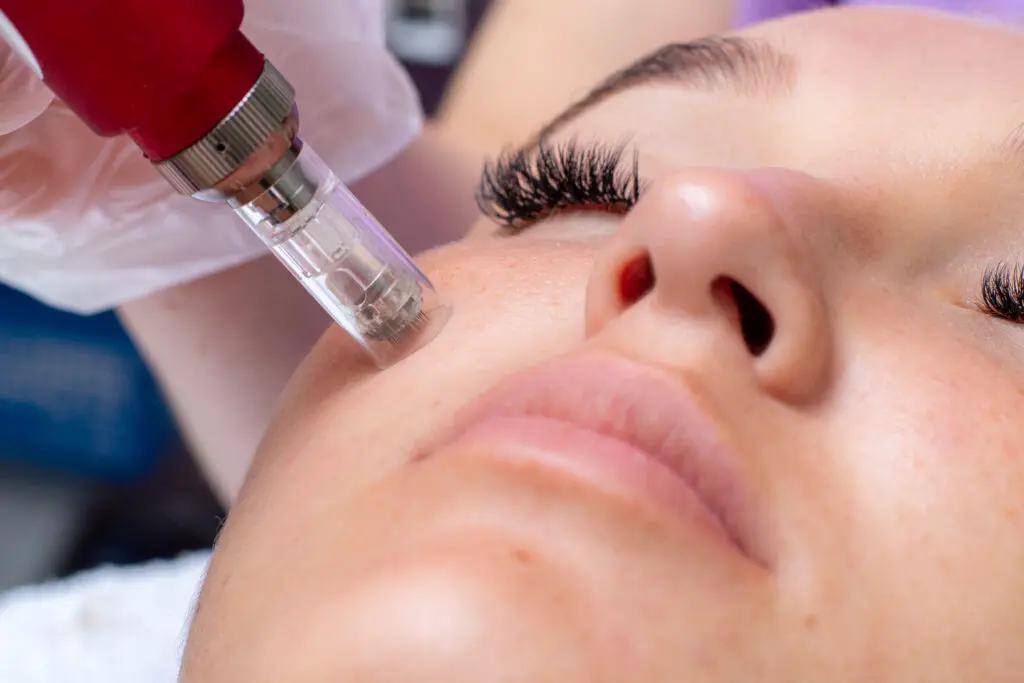Trends in Stem Cell Therapy and Regenerative Treatments Stem cell therapy and regenerative treatments have garnered significant attention in recent years due to their potential to revolutionize modern medicine. This essay explores the emerging trends in stem cell therapy and regenerative treatments, including advancements in research and technology, the growing interest in mesenchymal stem cells (MSCs), the potential applications in various medical fields, and the ethical considerations surrounding these innovative treatments.
Advancements in Research and Technology
One of the key trends in stem cell therapy and regenerative treatments is the rapid advancements in research and technology. Stem cell research has made significant strides in understanding the biology of stem cells and their regenerative properties. Scientists are exploring various sources of stem cells, such as embryonic, adult, and induced pluripotent stem cells (iPSCs), to expand treatment possibilities. Additionally, technological innovations have improved the isolation, culture, and delivery of stem cells, enhancing the effectiveness and safety of regenerative treatments.
Growing Interest in Mesenchymal Stem Cells (MSCs)
Mesenchymal stem cells (MSCs) have become a focal point in regenerative medicine due to their unique characteristics and therapeutic potential. MSCs are multipotent cells found in various tissues, including bone marrow, adipose tissue, and umbilical cord. They possess the ability to differentiate into different cell types and promote tissue repair and regeneration. The growing interest in MSCs has led to their use in treating a wide range of medical conditions, from orthopedic injuries to autoimmune disorders.
Potential Applications in Various Medical Fields
Stem cell therapy and regenerative treatments have demonstrated promising results in various medical fields. In orthopedics, stem cell injections are being used to promote cartilage and bone regeneration in joint disorders like osteoarthritis. In neurology, researchers are investigating the use of stem cells to repair damaged neurons in conditions like Parkinson’s and Alzheimer’s disease. Furthermore, regenerative treatments are being explored for cardiac conditions, diabetes, autoimmune disorders, and more. The potential applications of stem cell therapy are vast and continue to expand as research progresses.
Ethical Considerations in Stem Cell Research
The ethical considerations surrounding stem cell research and therapy have been a topic of debate for many years. The use of embryonic stem cells, in particular, has raised ethical concerns due to the destruction of human embryos. However, advancements in induced pluripotent stem cells (iPSCs) have provided a potential solution, as iPSCs can be generated from adult cells without the need for embryonic tissue. While ethical challenges persist, the focus on using ethically derived stem cells is shaping the direction of regenerative medicine.
Conclusion
The trends in stem cell therapy and regenerative treatments represent a groundbreaking frontier in modern medicine. Advancements in research and technology, the growing interest in MSCs, potential applications in various medical fields, and ethical considerations are all shaping the trajectory of regenerative medicine. With ongoing research and innovation, stem cell therapy holds the promise of offering transformative and personalized treatments for a wide range of medical conditions. As these trends continue to evolve, the future of regenerative medicine appears to be exceptionally promising in improving patient outcomes and advancing the field of healthcare.

